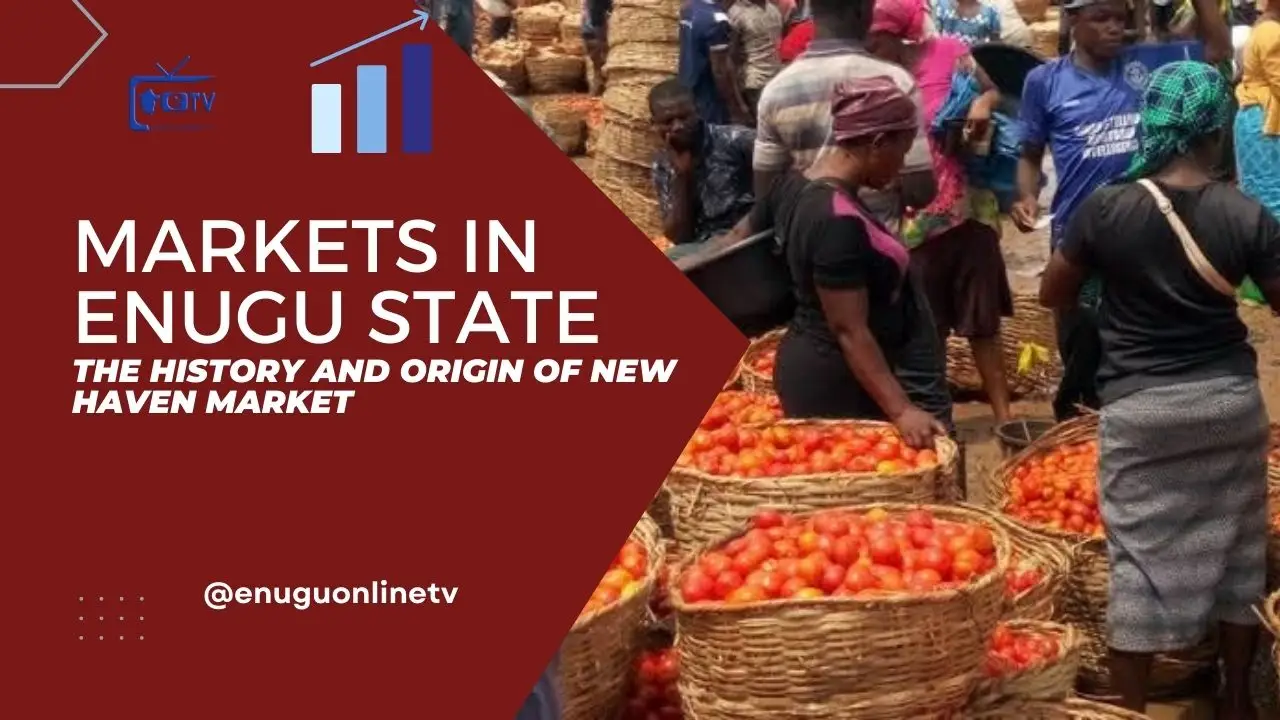
The History and Origin of New Haven Market in Enugu State
Origins and Establishment
New Haven Market is a relatively new addition to the city’s commercial scene. It is situated in the New Haven district in Enugu State, Nigeria. New Haven Market was created in the late 20th century to serve the expanding residential and commercial needs of the New Haven area, in contrast to some of the older, more traditional markets in Enugu. During the 1970s and 1980s, this neighborhood was established as a residential area in tandem with Enugu’s urban boom.
Urban Expansion and Development
The development of the New Haven neighbourhood was part of a broader urbanisation plan aimed at accommodating Enugu’s increasing population. As the neighbourhood grew, the need for a local marketplace became evident. Residents required a convenient location to purchase daily necessities without having to travel to the more distant, established markets like Ogbete Main Market. This led to the establishment of New Haven Market.
Market Structure and Offerings
The goal of New Haven Market’s design was to effectively serve the neighbourhood. It sells a range of products, such as clothes, electronics, fresh vegetables, and household goods. The market’s division into sections, each with a focus on a particular kind of goods, contributes to an ordered and convenient shopping environment.
One of the key features of New Haven Market is its emphasis on cleanliness and organisation, which has made it a preferred shopping destination for many residents. The market’s layout allows for easy navigation, and vendors are known for maintaining tidy stalls, contributing to the market’s overall appeal.
Economic Impact
The New Haven Market is a major contributor to the local economy. Small-scale traders and entrepreneurs can conduct their operations on this platform, which promotes local economic development. Additionally, the market draws customers from nearby communities, bolstering the local economy and providing for the needs of many families.
Community and Cultural Significance
Beyond its economic contributions, New Haven Market serves as a social and cultural hub. It is a place where residents gather, exchange news, and socialize, reinforcing community bonds. The market’s establishment has helped to integrate the New Haven neighborhood into the broader fabric of Enugu city, making it an essential part of the community’s daily life.
Challenges and Future Prospects
New Haven Market, like many other markets, struggles with issues like garbage management, overcrowding, and infrastructure upkeep. To address these problems and enhance market conditions, the regional government and market associations, however, are always at work.
Looking to the future, there are plans to expand and modernise New Haven Market to better serve the growing population. Initiatives include upgrading facilities, enhancing waste management systems, and implementing measures to improve security and vendor regulations.
Conclusion
The New Haven Market serves as evidence of how adaptable and dynamic Enugu State’s urban markets are. Originally created to meet the demands of a developing residential neighborhood, it has developed into an essential part of the local economy and way of life. The market’s significance as a commercial and social institution in Enugu State is shown by its ongoing success and potential for growth.










